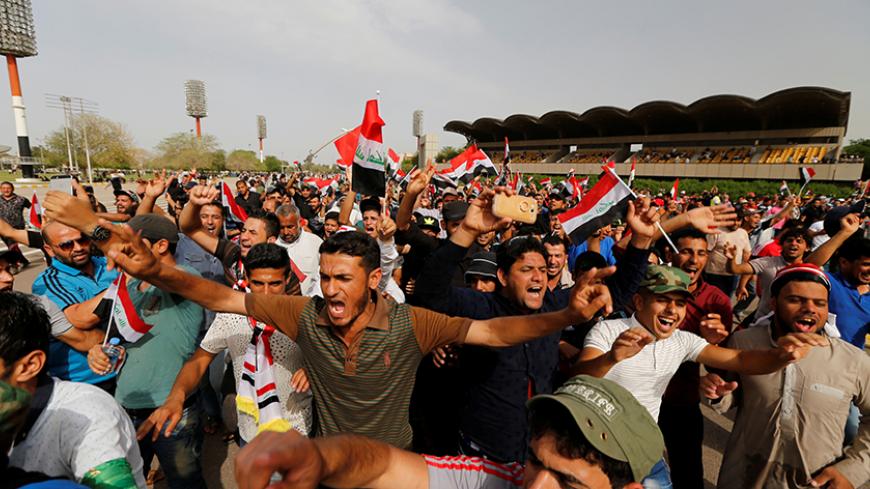On the night of April 30, the crowd that stormed the Green Zone gathered in the Great Celebrations Square inside the zone and chanted “Iran Out Out” and “Qasem Soleimani … Sadr is a divine person,” in reference to Shiite cleric Muqtada al-Sadr. This indicates that feelings and political stances hostile to the policy that Iran has adopted in regard to Iraq since 2003 have been revived among the Shiites.
It is understandable that hatred for Iran prevails within the Iraqi Sunni community, due to sectarian considerations that are influenced by the current sectarian conflict in the region. Hatred for Iran, based on the Arab nationalist considerations hostile to Persian nationalism, which prevailed under the rule of Saddam Hussein, is also understandable.



